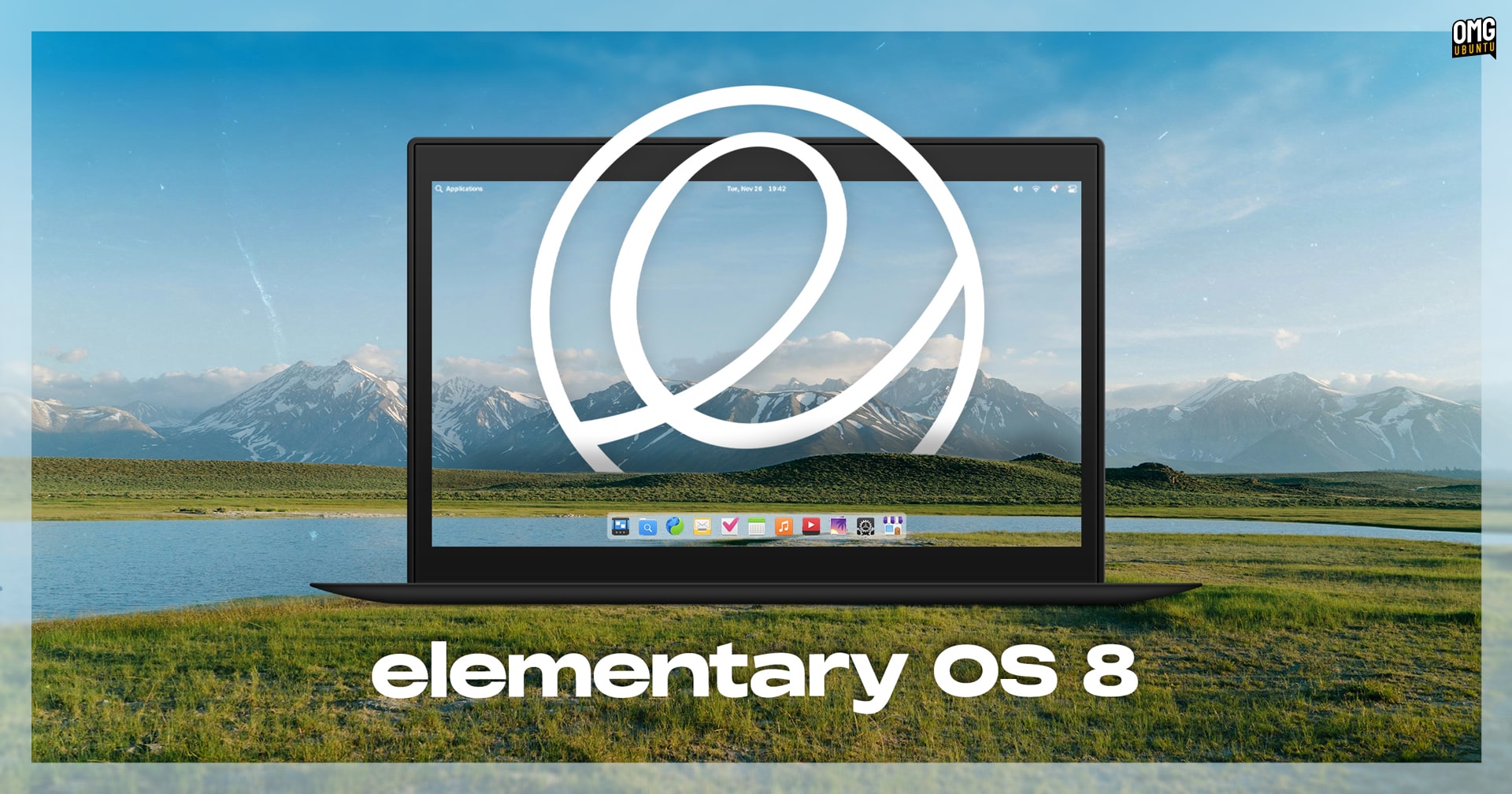elementary OS 8 Released with New Dock, Quick Settings + More
Indie distro fans rejoice: elementary OS 8.0 is now available to download.
Built on the Ubuntu 24.04 LTS base and powered by the Linux 6.8 kernel, elementary OS 8 brings a swathe of improvement to both the Pantheon desktop environment, its core apps, and the overall user experience.
The elementary team says it focused on several key areas for this release, including the creation of a new secure session (uses Wayland but currently not the default), improving multitasking, and “empowering our diverse community through inclusive design”.
Below, I highlight elementary OS 8’s most notable user-facing changes and provide a link to the official download so you can go ahead and try the latest release firsthand.
elementary OS 8 New Features
Since the release of elementary OS 7 in January of last year (and the in-series updates since), a fair bit has changed.
I’m going to start with one of the smallest changes: pressing super opens the Applications menu by default in elementary OS 8, and not the shortcuts cheat-sheet like before. This change to the way the desktop works out of the box has been long asked for.
Why now? elementary’s Danielle Foré says: “This brings us more in line with the defaults from other desktops and operating systems and will hopefully be more comfortable for folks who rely on these shortcuts to get around.”
Those who prefer the old behaviour can re-enable it from System Settings → Keyboard.
New Dock
The new desktop Dock in elementary OS 8.0 boasts improved multitasking features (and a slightly new look).
Now, when you click a dock icon with multiple windows open, it triggers a window spread, allowing you to quickly select the specific window you want without having to activate the Pantheon desktop’s dedicated multi-tasking view first.
New Quick Settings Menu
A new Quick Settings menu simplifies access to common actions (like enabling dark mode), session management (logging out, shutting down, etc), and accessibility controls (like enabling the screen reader, and offering a slider to adjust text size).
Such toggle-based control panels are increasingly common in modern desktops, with macOS, Windows, and GNOME Shell all offering versions. It’s interesting that elementary focuses on accessibility in its approach, rather than hardware-based options.
Because, as is, if you disable ‘accessibility’ options from the Settings → Dock & Panel pane the Quick Settings menu does look rather empty…
Blurred elements


Visually, elementary OS retains its signature style but embraces modern trends by showing a blurred version of your desktop wallpaper on the login and lock screens, and on its macOS Mission Control-style multitasking view.
Settings
In elementary OS 8 the Settings is said to have undergone a variety of improvements, ranging from screen adaptive conditioning to redesigned panels offering more options.
Among the, the Applications panel boasts an all-new design to accommodate a slew of Flatpak app permissions and portal access; while the Power section now shows battery charging levels for internal devices (like battery) and connected devices (like mice and keyboards).
And with driver management is now located in the System panel it gains a major makeover that the elementary devs say make it easier to select the right drivers for devices that offer multiple driver options, such as NVIDIA GPUs.
Other changes
Related to settings, elementary OS 8 moves system updates (i.e., underlying DEB based updates from the Ubuntu repos) out of AppCenter and into a tab in the System panel in the Settings app.
Flathub is now enabled out of the box in AppCenter alongside elementary’s own Flatpak repo (which supports paid applications). Some apps are available on both, so use the dropdown menu on the app listing page to choose your preferred source.
Other changes in elementary OS 8:
- Improved navigation in the first-run wizard
- Assorted accessibility improvements
- New cursors with a splash of colour
- Videos app redesigned
- New Fonts app
- Wayland-based Secure Session available
- Pipewire is now the default sound server
For more details see the official release announcement which offers more detail behind some of the changes on show and how they “empowering
Download elementary OS 8
To download elementary OS 8 from the elementary project website you need to enter a ‘pay what you want’ account. If you don’t want to pay anything, and you want to download elementary OS for free, you cam tenter ‘0’ as a custom amount.
It is not possible to upgrade to elementary 8.0 from 7.x as “elementary OS does not currently offer an automated way to upgrade between major versions”. A fresh instal is needed – an upgrade guide on the elementary wiki covers how to preserve your files when doing this.
Don’t want to upgrade right away? elementary OS 7.1 is supported for the duration of Ubuntu 22.04 LTS cycle, meaning you will continue to get critical security updates until 2027.




